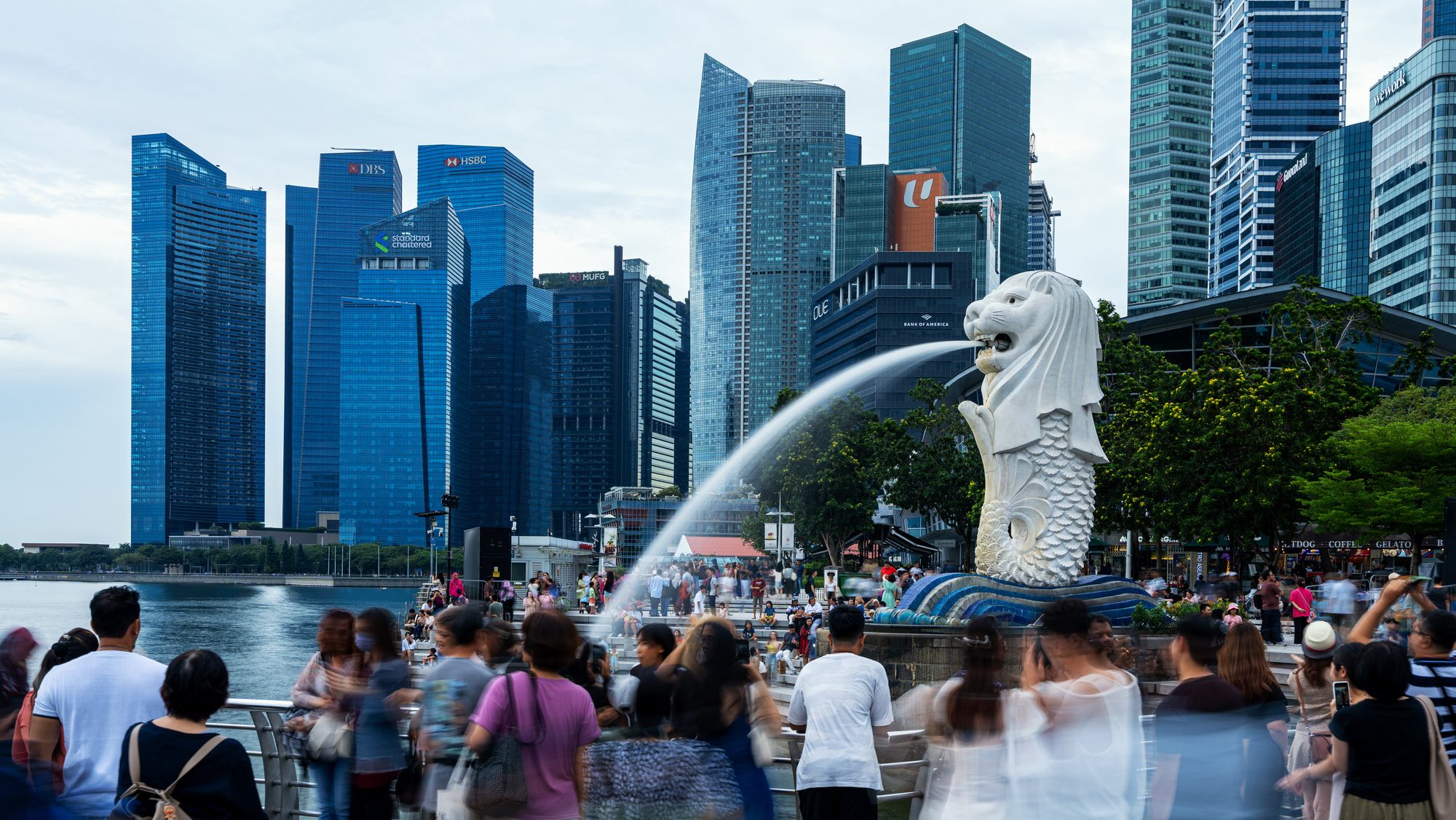SINGAPORE: An expat who found a job in Singapore and is considering a move to the city-state has been advised that he would need to make at least $15,000 to live a good life here.
The expat sought advice on social media regarding the cost of living, revealing that he had landed a position with a financial firm in Singapore’s city centre and was keen to gather insights on living expenses for himself, his partner, their two-year-old child, and two cats.
He asked about the costs of housing, school fees, transportation, utilities, healthcare, and other everyday expenses. He was particularly concerned about finding affordable accommodation and understanding the general living expenses in Singapore.
Netizens in the comments provided detailed breakdowns, painting a clear picture that a substantial income is necessary to live comfortably in Singapore.
One commenter said that rent alone for a two-bedroom apartment within a 20-30 minute commute from the Central Business District (CBD) would be around S$5,000 per month, which can climb further if it’s a property with a garden, reaching between S$10,000 and S$15,000 monthly.
Education is another significant expense. International school fees range from S$40,000 to S$60,000 annually, making local school enrollment nearly impossible for expatriates. Preschool options, available before the child turns five or six, could also cost between S$1,200 and S$1,500 per month.
Transportation costs also add to the expenses. While public transport, including the MRT and buses, is efficient and widely used, owning a car in Singapore is costly due to high surcharges and an open car licence market. Basic car expenses could be around S$1,500 monthly, excluding insurance, petrol, parking, and maintenance. Many commenters recommended relying on Grab or public transportation to reduce this financial burden.
Utilities, which are not typically included in rent, can range from S$250 to S$350 per month. Healthcare costs are also a concern. A commenter noted, “Yes you will need insurance as you are not covered under government programs for locals.” Fortunately, many employers provide insurance covering the employee, spouse, and children.
Groceries and dining out also add to the high cost of living. One commenter shared, “I spend about S$800 a month on groceries, I cook 5 – 6 nights a week for a family of 3.” For dining out at western restaurants, it can cost between S$150 and S$200 for two people, including drinks.
A Brit living in Singapore suggested living further from the city centre to lower costs slightly, mentioning neighbourhoods like Katong, Siglap, Bedok, Queenstown, Holland Village, and Bukit Timah within a 10 km radius of the city. Additionally, opting for a condominium rather than landed property can save on rent, while providing communal facilities such as pools and play areas beneficial for families.
Although the expenses laid out can be “overwhelming” one commenter noted that recreating a UK lifestyle can indeed be costly in Singapore, however, adopting a more local lifestyle could significantly reduce expenses.
“You’ll compromise on some things, but get a better life in other ways. It’s easily possible to live like a local on S$20 a day per person for all your food and transport requirements. This would mean public transport and cheaper hawker centre type food – you wouldn’t even have to cook. It’s also easily possible to spend S$40+ per person on a single brunch,” he said.
“You’ll need to find a balance depending on what you want,” he added. /TISG
Read also: Do expats earn enough to live comfortably in Singapore?
Featured image by Depositphotos

